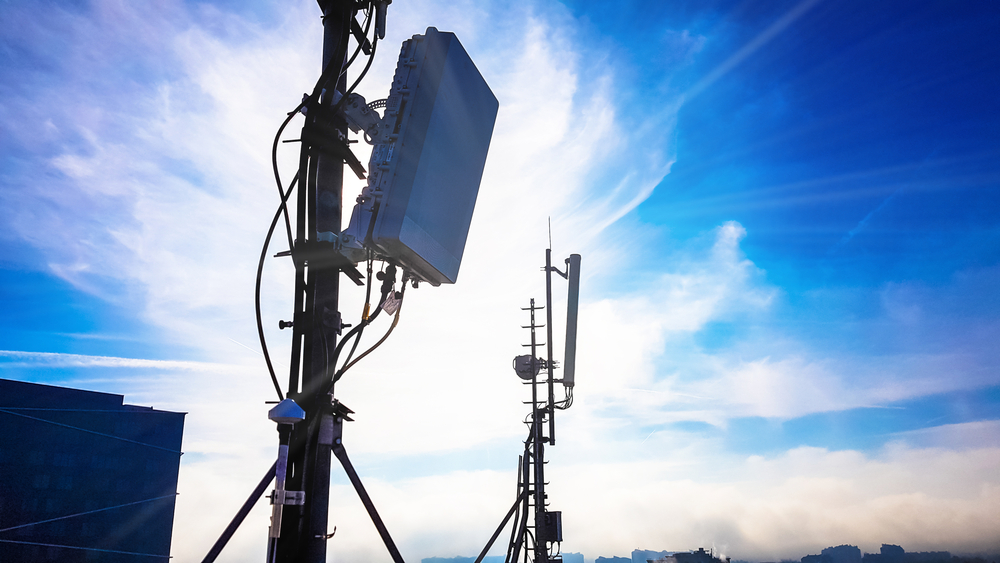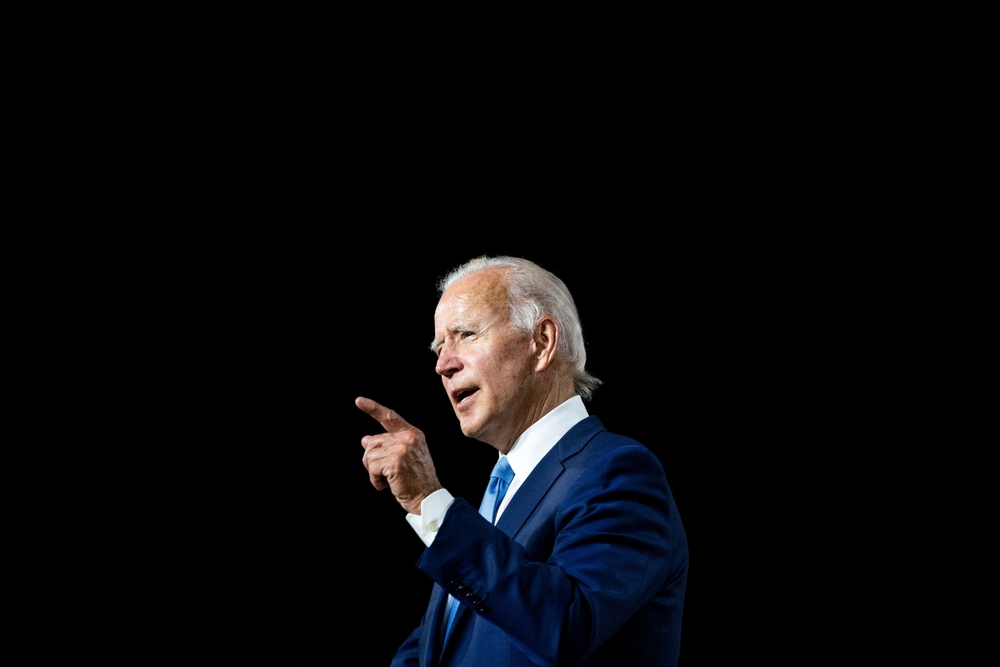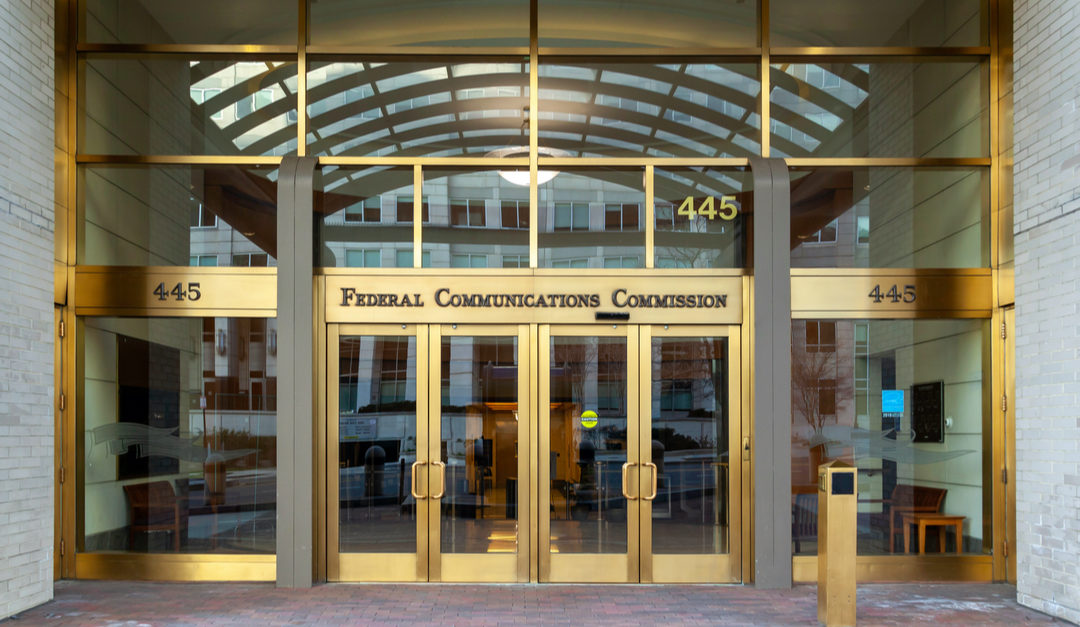China has garnered much attention given its position as a major economic competitor to the United States, and specifically as a competitor in telecommunications, technology and innovation. The national security implications for the use of Chinese technology have also caught the attention of policy-makers, for over a decade.
In 2012 the House of Representatives Intelligence Committee released the “Investigative Report on the U.S. National Security Issues Posed by Chinese Telecommunications Companies Huawei and ZTE.” The public portion of the report found that “the risks associated with Huawei’s and ZTE’s provision of equipment to U.S. critical infrastructure could undermine core U.S. national-security interests.”
Eventually, in 2021, the Federal Communications Commission (FCC) finalized a program to pay telecom providers to tear out and replace equipment from Chinese telecom companies considered a national security risk by the U.S. government. Additionally, the Biden administration has on a couple occasions added specific Chinese technology companies to its “Entity List,” restricting U.S. firms from dealing with the companies listed.
But, China’s digital aspirations are far from ended.
As part of its intention to create a China-centered digital future, the country continues its “Digital Silk Road” initiative to emplace next generation digital connectivity abroad and by doing so to extend its technological influence, pushing itself closer to becoming a technological superpower. The ambition is even greater though, wrapping global financial markets into this plan.
In the midst of this global development Congress seems willing to allow the U.S.’s current innovation edge and global connected world leadership falter. Congress allowed the FCC’s auction authority to lapse, authority it has had since 1993. A critical piece for the continued U.S. edge is 5G, the next generation of global advanced wireless telecommunications, and without more spectrum 5G will stand still. Much is on the line as Congress allows our spectrum pipeline to dwindle.
Contrast the Congressional auction authority approval balk with China, which has greatly padded its lead on the United States by opening huge swaths of its spectrum for licensed mobile use. The obvious Chinese intent is to move ahead not just in 5G, but also in creating an environment for the development of the types of cutting-edge technologies that depend on such high-performance connectivity.
The Congressionally imposed U.S. spectrum shortage will hinder technological innovation and clear the path for China to assert global leadership in the connected future, threatening the economic and national security of the United States. If the United States is not competitive in needed advanced technologies, other countries will have no alternative to the Digital Silk Road. Thereby Beijing will gain the upper hand when it comes to setting standards for 5G networking, the internet, and perhaps even digital governance and ethics.
The economic effect on the country of surrendering its long-held technological leadership can hardly be overstated. The national security risks interrelate with the economic risks. As CSIS writes in its recent report, “This is a potential long-term national security catastrophe.”
Without leadership, and hard work, our economy and the provision of good middle-class careers would be at risk, not to mention our ability to project economic and military power around the world.
Congress has the choice before it when they return from their August recess. They must choose either to stand by and allow The Digital Silk Road to continue its rapid build out without a competitor, or to make it a priority to renew the FCC’s auction authority, giving the U.S. Information Superhighway its best chance of continuing to lead on the world stage. As the Chinese proverb goes, “If you work hard enough at it, you can grind even an iron rod down to a needle.” That is, anything is possible if you are willing to put in the work.

IEA Signs Coalition Letter Supporting A Pro-Innovation Framework for Artificial Intelligence (AI)
You can read the full letter here

IEI Signs Coalition Letter Opposing NTIA Rate Regulation
Read the full letter here

Taking a Chance: Market Dominators Game the System
For a long time, mass entertainment was various forms of media that the public consumed passively. But the rise of the internet did not just disintermediate the entertainment industries we knew—changing the ways movies, music, and news were packaged and delivered—it...

Only Conservatives Can Save the Affordable Connectivity Program
Our federal deficit is exploding, and America’s financial house is in disarray. The country’s borrowing costs are at their highest level in over 20 years, and the national debt has surpassed $34 trillion for the first in history. In this environment, implementing...

The Cost of Protecting Teens Online
Both state and federal legislators are actively pushing legislation designed to “protect our children online.” Of course, there is already a federal Children’s Online Privacy Act that regulates the online collection of personal information about children under 13...

The Game of Fair Play: More Competition in Sports Gaming Please!
Sports gaming is a big business, with the potential for over $100 billion in annual revenue worldwide. As this massive entertainment industry continues to grow, a battle is underway between top companies over what kinds of gaming products should be allowed. The...

When the Fix Is In, Patients Lose
Last year, many statehouses across the country looked to address a growing consumer issue broadly known as “right to repair.” Now with legislative sessions kicking off in more than 40 states across the country, this policy looks like it will continue to stay at the...

CLELAND: The Biden Admin’s Latest Micromanagement Project? Your Online Subscriptions
The Federal Trade Commission is fast becoming a living case study in ideological overreach. Undaunted by a string of embarrassing court losses and plummeting morale among career staffers, the agency keeps grasping at the most slender reeds of legal theories and...

IEA Public Comments to FCC on Matter of Safeguarding and Securing the Open Internet
Read IEAs comments to the FCC here

IEA Signs Coalition Letter to FCC Opposing Digital Discrimination
Click Here to Read the Digital Discrimination Coalition Letter

Recent Comments